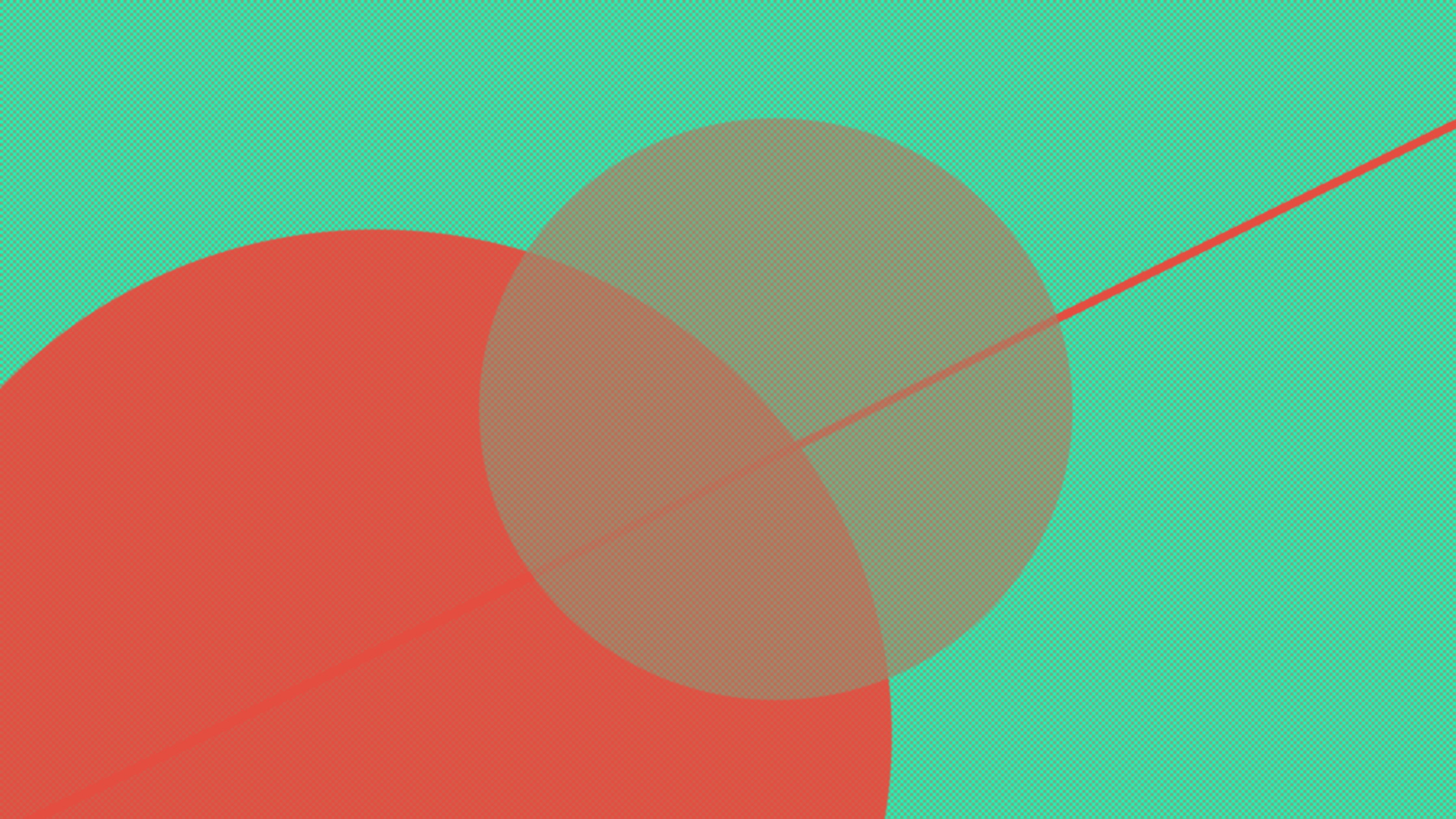Getting in the Access Loop: Mentorship for Publishing African Health Research
In the second post of a short series reflecting on last month’s Getting in the Access Loop webinar organised by the Humanitarian Centre, HIFA2015 and PLoS, Janice S. Pedersen from RAND Europe discusses how mentoring capacity for publication might be improved.
I am new to mentoring, but have already found it to be very rewarding. I wouldn’t have even thought of it if I hadn’t been approached.
This comment, by a participant in the recent “Getting in the Access Loop” seminar, highlights both the benefits and need for better awareness of mentoring. The seminar participants focused specifically on ways researchers in Africa can get their work published more. Mentorship at various levels could help overcome barriers to joining the access loop of international health research publishing, while also fostering greater communication and stimulating innovative, collaborative international research. For example, the facilitation of mentoring with a focus on publication might beneficially be improved in three ways:
1) Within African institutions
Within African institutions it is recognized that there may be low existing capacity for mentorship for different reasons. Researchers and support staff may not be aware of how to establish and maintain appropriate mentor-mentee relationships. Given the multiple constraints on researchers’ time, unless the benefits of and incentives for mentoring are clear, other tasks will always take priority. Mentorship may need explicit prioritization in assessments and merit-based promotion.
2) Between peers in Africa and those outside Africa
Peer mentoring can be beneficial at all career stages, from one’s student days to post-retirement. We generally form personal and professional ties with others because we have something in common and benefit from a reciprocal relationship. However, relationships may be easier to establish and maintain when casual, face-to-face interaction is possible. In international communication, where this is harder, we need to understand other options to link students, researchers, and academics at similar career stages.
3) Between researchers and publishers
Raising researchers’ awareness of mentoring for publication is already broadly recognized as being important, as the recent webinar discussion showed. Organizations such as the Oxford-based charity AuthorAID promote and facilitate online mentorship. The international nature of funding for this venture (SIDA, NORAD, DFID) suggests that a coordinated strategy for international publishers and funders is key. Such a strategy provides a coherent message and point of contact, prevents resource waste, and promotes learning from experience and best practice.
It may not be necessary or desirable to pay mentors. Recent scholarship on well-being shows that we underestimate the importance and benefits of giving (time, expertise). It is important to tease apart the key elements of mentoring for publication (e.g. message-led writing, identification of outlets), key players involved, and to recognise that it takes place in specific institutional and geographic contexts. We need to understand the opportunities and constraints that are specific to potential mentors and mentees, whether they are based in or outside Africa. In addition, providing relevant information about mentoring for publication must be done in appropriate formats (maybe on blogs rather than in articles) and media (paper-based or online publications, mobile phones, social network sites).
The opinions voiced above are those of the author and do not necessarily reflect the position of RAND Europe
“Getting in the Access Loop” was run by the Humanitarian Centre, with support from PLoS and HIFA2015. A full recording of the webinar is available to download here.
Related blog posts can be found here:
Getting in the Access Loop: Time for Research and Action
Getting in the Access Loop: Mentorship for Publishing African Health Research
Getting in the Access Loop: The Local Journal, The African Researcher and The Article-Level Metric
Getting in the Access Loop: Nurturing the Open Access Ecosystem
Janice S. Pedersen is a researcher at RAND Europe, an independent not-for-profit public-policy research institute that helps improve policy and decision-making through research and analysis. She has a background in social anthropology with an interest in evaluation and performance management, as well as international capacity-building.

[…] second post in the series is from Janice S. Pedersen, a researcher at RAND Europe: Getting in the Access Loop: Mentorship for Publishing African Health Research. He discusses how mentoring capacity for publication might be improved. “I am new to mentoring, […]